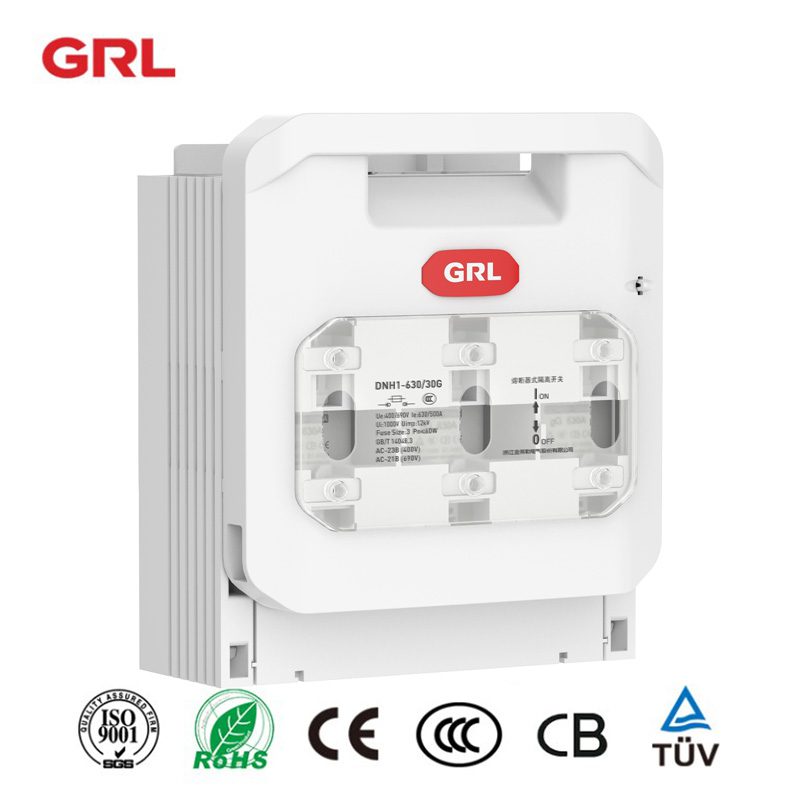
# Fuse Switch Disconnector: Key Features and Applications
## Introduction to Fuse Switch Disconnector
A fuse switch disconnector is a crucial component in electrical systems, combining the functions of a switch, a fuse, and a disconnector in a single device. This versatile equipment plays a vital role in protecting electrical circuits while providing safe isolation capabilities.
## Key Features of Fuse Switch Disconnectors
### 1. Combined Functionality
The primary advantage of fuse switch disconnectors is their ability to perform multiple functions:
- Switching capability for normal operation
- Fuse protection against overloads and short circuits
- Safe isolation function for maintenance purposes
### 2. Safety Mechanisms
Modern fuse switch disconnectors incorporate several safety features:
- Visible isolation gap for verification
- Interlocking mechanisms to prevent unsafe operations
- Arc control technology for safe interruption
### 3. Compact Design
These devices offer space-saving solutions by combining three essential functions in one compact unit, reducing panel space requirements compared to separate components.
## Applications of Fuse Switch Disconnectors
### 1. Industrial Power Distribution
Fuse switch disconnectors are widely used in industrial settings for:
- Motor control circuits
- Transformer protection
- Distribution board main switches
### 2. Commercial Buildings
In commercial applications, they serve important roles in:
- Main distribution panels
- Sub-distribution boards
- HVAC system protection
### 3. Renewable Energy Systems
With the growth of renewable energy, fuse switch disconnectors are increasingly used in:
- Solar PV system protection
- Wind turbine circuits
- Energy storage system interfaces
## Selection Considerations
1. Current Rating
Choose a device rated for the maximum expected current in the circuit, including potential short-circuit conditions.
2. Breaking Capacity
Ensure the device can safely interrupt the maximum fault current that might occur in the system.
Keyword: Fuse Switch Disconnector
3. Environmental Conditions
Consider factors like ambient temperature, humidity, and potential corrosive environments when selecting the appropriate model.
## Maintenance and Safety
Regular inspection and maintenance of fuse switch disconnectors are essential for reliable operation:
- Periodic visual checks for signs of damage or overheating
- Verification of proper fuse ratings
- Testing of switching mechanisms
- Cleaning of contacts when necessary
## Conclusion
Fuse switch disconnectors provide an efficient and safe solution for circuit protection and isolation in various electrical applications. Their combined functionality makes them indispensable in modern electrical systems, offering both protection and operational flexibility. When properly selected and maintained, these devices contribute significantly to the safety and reliability of electrical installations.